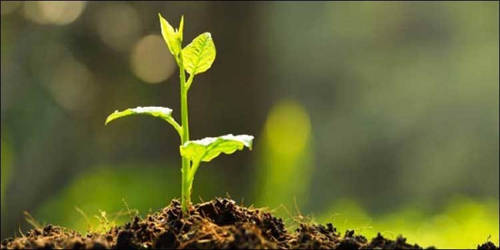Tea is the world’s most-consumed drink, after water. It is a beverage made from the Camellia Sinensis plant. ‘International Tea Day’ is observed annually on May 21, according to the United Nations. The concerning resolution was adopted on December 21, 2019, and calls on the United Nations Food and Agriculture Organization (FAO) to lead the observance of the Day. It is believed that tea originated in northeast India, north Myanmar, and southwest China, but the exact place where the plant first grew is not known. Tea has been with us for a long time. There is evidence that tea was consumed in China 5,000 years ago. Before 2019, December 15 is celebrated as ‘International Tea Day’ in tea producing nations such as Bangladesh, Sri Lanka, Nepal, Vietnam, Indonesia, Kenya, Malawi, Malaysia, Uganda, India, and Tanzania. Tea production and processing constitutes a main source of livelihood for millions of families in developing countries and is the main means of subsistence for millions of poor families, who live in a number of least developed countries. The International Tea Day aims to raise awareness of the long history and the deep cultural and economic significance of tea around the world. The goal of the day is to promote and foster collective actions to implement activities in favor of the sustainable production and consumption of tea and raise awareness of its importance in fighting hunger and poverty.
The tea industry is the main source of income and export revenues for some of the poorest countries and, as a labor-intensive sector, provides jobs, especially in remote and economically disadvantaged areas. Tea can play a significant role in rural development, poverty reduction and food security in developing countries are one of the most important cash crops. Tea consumption can bring health benefits and wellness due to the beverage’s anti-inflammatory, antioxidant, and weight loss effects. It also has cultural significance in many societies. International Tea Day aims to draw global attention of governments and citizens to the impact of the global tea trade on workers and growers and has been linked to requests for price supports and fair trade. The FAO Globally Important Agricultural Heritage Systems (GIAHS) program to date, has designated almost 60 sites as dynamic spaces where culture, biodiversity, and sustainable agricultural techniques coexist, proving to be vital to achieve food security and generate livelihoods. China, Korea, and Japan have 4 tea cultivation sites designated as Globally Important Agricultural Heritage Systems by FAO. These sites represent evolving systems of human communities in an intricate relationship with their territory, cultural, and agricultural landscape. In 2015, during a meeting in Milan, Italy, the Intergovernmental Group (IGG) on Tea discussed the idea of an International Tea Day. The proposal was then endorsed by the FAO Committee on Commodity Problems (CCP) and subsequently adopted by the United Nations General Assembly in December 2019. Tea production is highly sensitive to changes in growing conditions. Tea can only be produced in narrowly defined agro-ecological conditions and, hence, in a very limited number of countries, many of which will be heavily impacted by climate change. Changes in temperature and rainfall patterns, with more floods and droughts, are already affecting yields, tea product quality, and prices, lowering incomes and threatening rural livelihoods. These climate changes are expected to intensify, calling for urgent adaptation measures. In parallel, there is a growing recognition of the need to contribute to climate change mitigation, by reducing carbon emissions from tea production and processing. Therefore, tea-producing countries should integrate climate change challenges, both on the adaptation and mitigation front, into their national tea development strategies.
















